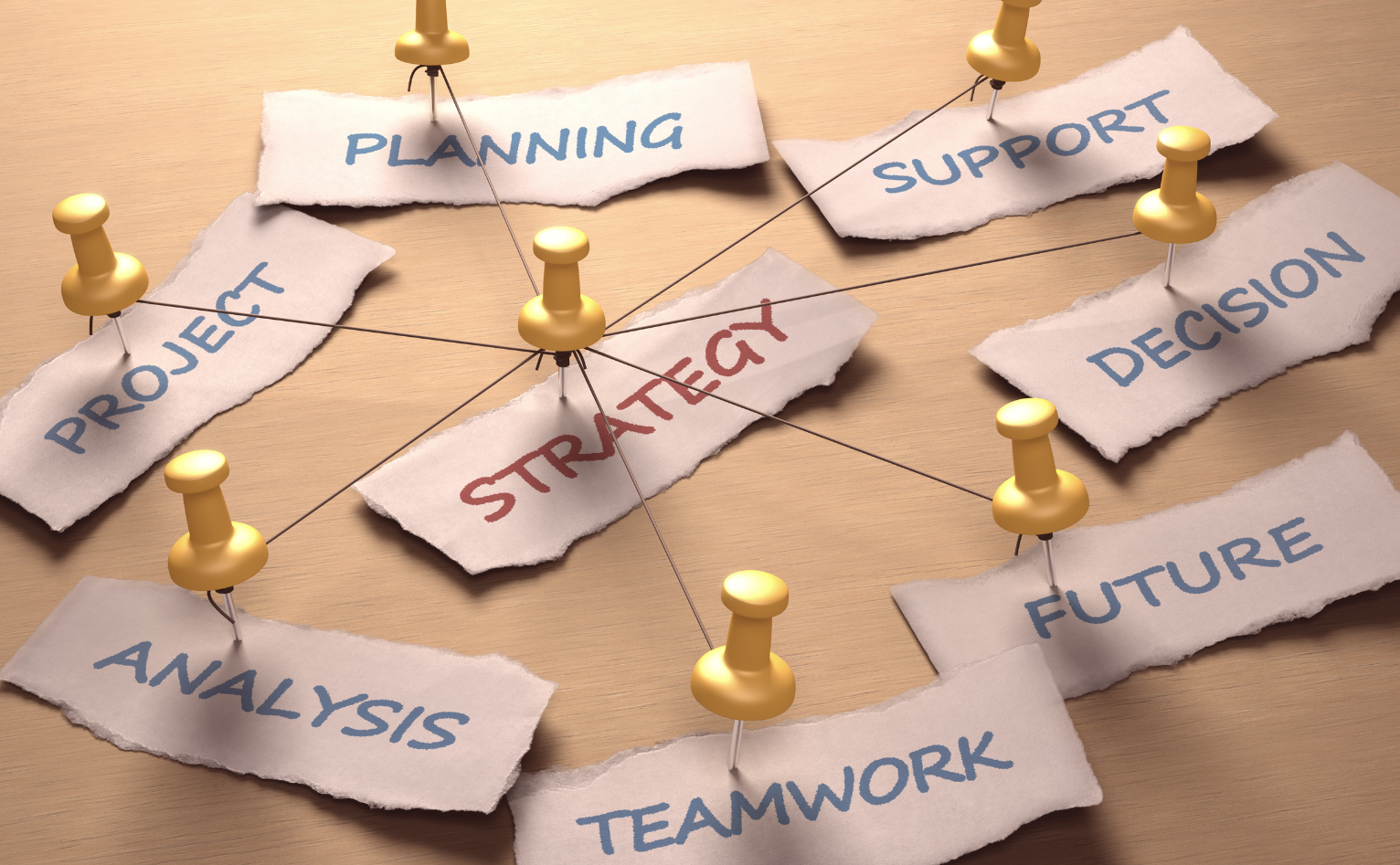Start With Community: The First Mile of Sustainable Development
For 35 years, the NGO Tostan has partnered with communities across Africa to define and achieve their own vision of sustainable development based on respect for human rights. In our September ISSP Blog, Tostan CEO Sobel Aziz Ngom shares Tostan's unique approach to enduring community-led development: include all, listen before acting, take time to build trust, and share ownership with humility.
Start With Community: The First Mile of Sustainable Development
September 2025
Sobel Aziz Ngom
CEO, Tostan
When I stepped into the role of CEO at Tostan, I did not come in with the illusion that I already understood its unique approach. On the contrary, both our Board and senior leadership advised me to begin slowly, by listening, learning, and asking questions. This guidance resonated with my own experience: that lasting change only happens when communities feel ownership and define priorities in their own voices.
For me, these first months have been a journey of re-affirmation and discovery. I have seen how Tostan’s approach builds directly on principles I already believed in: participation, dignity, and youth leadership. It has also opened new insights for me about what genuine engagement really looks like. Most of all, I am struck by how the process is not only about involving people in decisions, but about changing the way people relate to one another: listening more deeply, including those often excluded, communicating more peacefully, and governing more fairly.
At Tostan, we believe in the dignity and potential of every community. Change is not imposed; it is nurtured through dialogue, trust, and the mobilization of local knowledge. Our approach is built on a conviction: lasting change cannot be decreed, it must be built together, step by step, in dignity and trust.
That wisdom applies equally to leadership transitions and to sustainable development.
Step by step toward lasting change
Rather than relying on one-off or top-down interventions, our approach supports communities through a progressive journey, moving from trust and dialogue to collective action. It begins by creating an inclusive space where every voice is heard and valued. Within this space, communities identify their strengths, priorities, and core values, laying the foundation for a shared vision of wellbeing.
Building on this vision, democratic principles and human rights are explored in ways that resonate with local realities, strengthening the community’s ability to organize and make informed decisions. Step by step, communities move toward planning and implementing concrete actions, mobilizing their own resources while engaging local authorities for support. Along the way, new skills are developed — in literacy, management, health, and advocacy — to sustain progress and help translate the community's shared vision into reality.
Each phase reinforces the next, deepening trust, knowledge, and collective capacity, until communities are fully equipped to drive lasting change for their own wellbeing.
From voices to livelihoods: the women of Somone Lagoon
One story captures this transformation for me. In Somone, Senegal, women from the lagoon area came together to discuss what mattered most for their community. At first only a few spoke. Over time, with dialogue in their own language and through participatory methods, more women raised their voices, sharing concerns, proposing ideas, and debating solutions. By the end, they not only agreed on practical steps, but also shifted how they interacted: listening actively, respecting differences, and ensuring no voice was left aside.
What emerged was more than a plan for the lagoon; it was a new practice of governance grounded in fairness and inclusion. And it was not only social. By organizing collectively, the women strengthened their economic group, improved how they managed resources, and increased the income generated from their activities around the lagoon. This story is a reminder that when relationships change, so do livelihoods. Social inclusion becomes the foundation for economic empowerment.
Prepared ground, lasting growth
It is often tempting to judge progress by what is visible: a new structure built, a service installed, or an activity launched. But the real difference lies beneath the surface, in the preparation that makes lasting results possible.
Think of planting a tree. In dry, unprepared soil, even a strong seed struggles to take root. It may sprout quickly but soon withers when conditions become harsh. In well-prepared and nourished soil, the very same seed grows deep roots, withstands storms, and bears fruit for generations.
Communities work in much the same way. When there is no shared vision, no clear rules, and no sense of ownership, progress often stalls at the first obstacle. But when people take time to build trust, establish transparent practices, and develop the skills they need, their initiatives take root and thrive.
As I learn about Tostan from the inside, I see the same truth. Preparation through dialogue, clarity, and capacity is what allows both communities and organizations to carry their ambitions forward with confidence.
Why starting from strengths changes outcomes
Across sectors, communities point to four recurring benefits of this approach:
- Resilience. With a shared vision and clear roles, people adapt quickly when supply or budget conditions shift.
- Lower lifetime costs. Early investments in facilitation and governance save money later.
- Fairness by design. Co-created rules reflect lived realities — girls fetching water, elders with mobility challenges, young entrepreneurs seeking opportunity.
- Trust as infrastructure. Trust accelerates coordination and makes accountability real.
These are lessons for leadership too: trust, fairness, and resilience are as essential inside organizations as they are in village water committees.
Avoiding shortcuts (and their costs)
Under pressure, it is tempting to cut corners: brief consultations, over-engineered technology, committees without real mandates, or community sessions held in languages people rarely use. These approaches may deliver short-term outputs, but communities often remind us that the hidden cost is confidence.
The same temptation exists in leadership transitions: to announce, to prove oneself, to act before listening. But each shortcut risks raising the cost of trust later.
Spaces for sharing and mutual learning
Practitioners often ask how such community capabilities are built and sustained. At the Tostan Training Center in Senegal, these questions are explored not through formal lectures but through spaces of sharing and mutual learning.
In these settings, facilitators and community members sit side by side with practitioners, opening dialogues in local languages and revisiting real experiences from villages that have gone through Tostan's Community Empowerment Program. Instead of theory, people see how conversations unfold, how inclusive decisions are made, and how trust is gradually built.
The value lies in what participants carry back: not a prescription, but a set of practices they have witnessed, tested, and adapted to their own contexts. This kind of exchange helps those working with communities to strengthen their partnerships, avoid common pitfalls, and ground their initiatives in methods that last.
For me, it is also a reminder that leadership — whether in a village or an organization — grows through shared reflection, humility, and practice, rather than through quick fixes.
Closing the loop
Sustainability is not only technical or financial. It is civic and relational. It depends on who decides, who acts, and who continues to nurture progress once the external team has left.
Like a tree that grows strong only in prepared soil, communities that invest in trust, inclusion, and clear responsibilities create the conditions for lasting change. Progress does not stop at the first difficulty; it deepens and spreads.
The same lesson applies inside organizations. What lasts is not only a set of strategies or plans, but the culture we cultivate: listening before acting, building capacity, and sharing ownership with humility.
That is why, both in my role as CEO and in our community work, I return to the same conviction: start with listening, prepare the ground carefully, and let trust grow over time.
In Tostan partner communities, this is how water pumps keep running, how health improves, how livelihoods expand, and how governance endures. In Tostan as an organization, it is how culture is preserved, innovation emerges, and transitions succeed.
Start with community. Lead with humility. Prepare the ground well. That is how you ensure sustainability.
About the Author:
Sobel Aziz Ngom
CEO, Tostan
PHOTO: Community Dancing | Cambeidare, Guinea Bissau, 2025 | Tostan
Read perspectives from the ISSP blog



